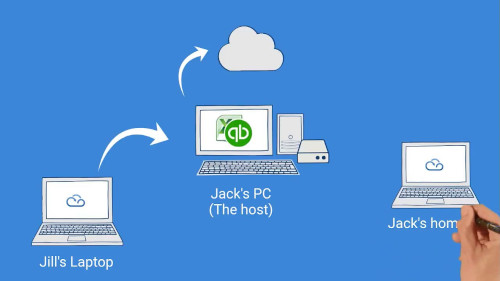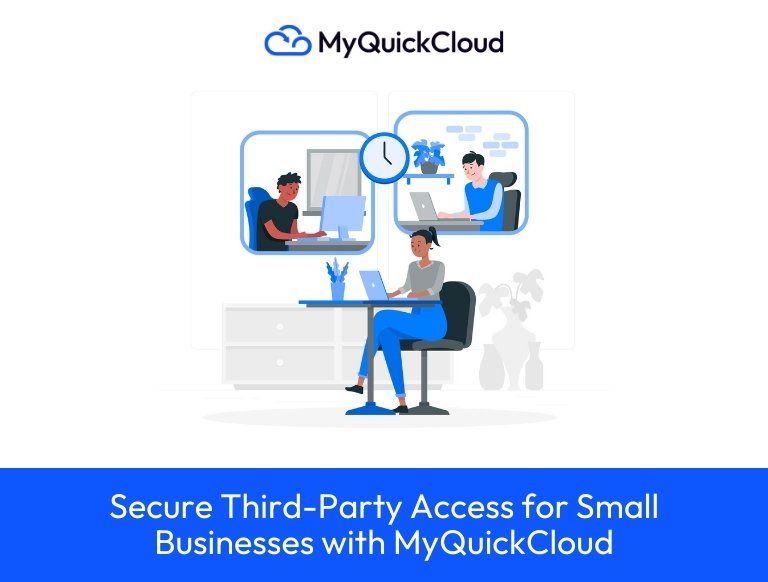How to Offer Outstanding Support Function for Startups
Any great product or service needs to offer outstanding support function for it to be successful.
In the modern world where everything is moving to 24/7 365 availability. Often the client’s expectations are for you to offer around the clock support as well.
In this article we will look at why this is often not feasible for many SMBs and start-ups. Also what can be done to ensure that you are still offering world class support.
Why is it not possible?
The simple answer is resources. When you are small and first starting out you may not even have a dedicated support team with everyone chipping in to help out. As human beings you can only be awake and working so many hours in the day and automated bots are not the answer at this stage.
Can I still provide a successful support offering?
Yes, very much yes! In fact until the organisation has grown to a stage where you have a large support team. Covering easily 24/7, you are far more likely to offer a better service with reduced hours than striving for 24/7 and falling short of expectation.
If you advertise that you offer support around the clock you HAVE to deliver on that. If a customer has an urgent query and attempts to contact you but finds you are not available. They will lose confidence in the support offering. This will also have a negative effect on their views on the product and organisation as a whole.
Tips for successful support:
Set realistic expectations from the start:
Work out what resources you have available for support and what that will enable you to offer. If that is Monday to Friday 9am-5pm then that is fine, you have set the expectations with the customer.
In those core hours you can now focus on providing the best level of support possible without spreading your resources too thin and leaving a customer disappointed.
Choose the right support channels:
In the past incoming phone support has been the norm and expected by the customer, but is it necessary? The answer is no, you will be able to provide far better service to more customers if you utilise other channels.
For example if you are taking a support call from a customer, you are serving one customer, everyone else will be waiting in a queue until you have finished. It is very difficult to multi-task whilst you are on the phone.
Livechat, email and social media allow you to support multiple customers at the same time, whilst still providing the same attention to detail. You have a record of each touchpoint with the customer and it’s far easier to find trends and act upon them.
Personalised:
Where possible make sure each interaction with a customer is personalised rather than an automated response. Whilst automated responses allow quick response times, what they are really telling the customer is we have not read your query yet but hope this response will satisfy you until we get to it. You should look to respond back with a quick note, even if it’s just to say the same thing as the automated response, but making it personal shows the customer that they are indeed important and are receiving the support from a human being (This is important when you have removed the phone support channel)
Self Help:
It’s important to provide as much useful documentation and tools to the client so that they are able to support themselves outside of your core support hours. This is where spending time and attention to detail to your guides and knowledge base will really pay off. If a customer knows they have these tools available to them they are less likely to be worried that you will not be there at 3am to support them if something does go wrong.
Infrastructure:
With the advent of services such as AWS and Azure. If your application / service backend are hosted there you pass off a lot of the support to companies like Amazon and Microsoft. You can be assured that the infrastructure side of things is supported to the highest level. Leaving you free to concentrate on supporting the product itself. Not worrying that a power cut in the office might knock a server offline at 2am also.
Get everyone involved:
In the start-up phase of the company. It’s useful to get everyone involved with support, from developers to marketing to the CEO. Not only will this give you more resources to provide support. But will also give them great insight into how the product is used by the customer. What works, what could be done better.
Summary:
To sum up, the key to successful support is to work within your resources. Setting out clear expectations with the customer as to when and how you offer support. A support team that fixes any issue within recognised support hours is going to be far more valued than one that claims to be 24/7 but in reality cannot deliver.
Put the power of support back into the customer’s hands too. If they can self help the majority of issues that arise the need for 24/7 is now redundant. So focus on getting that documentation and support tool offering right from the start.




